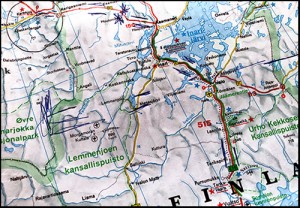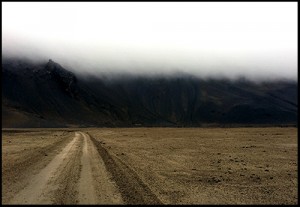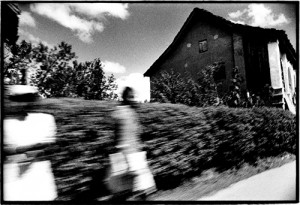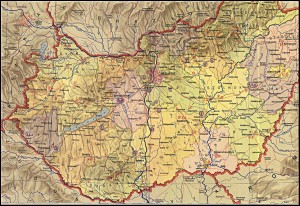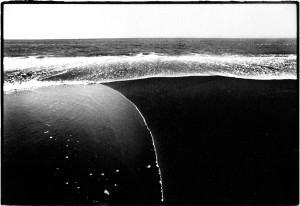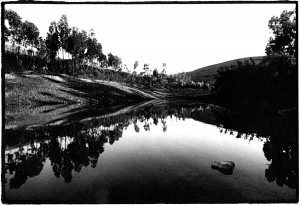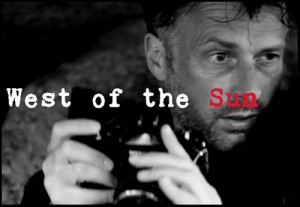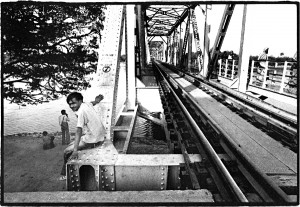Oslo, 1944 by Barbara Wace
Written by Barbara in April 1995:
On one of the hot summer days during our visit to Oslo, our little group of British correspondents were taken north by cars to a town called Rhukan, with what looked to us like big factories on a wide river or lake. It was hard to understand the Norwegian conducting officer explaining to us what had been going on here during the war. Something he was explaining was to do with “Heavy Water” – whatever that was. I had never done science at school, and as the guide went deeper into scientific facts I grew more and more desperate that I would not be able to make any sense of what was obviously an important story.
I was lucky to have with me in our party Bill Stone, a correspondent, I think for the Chicago Daily News, who was an excellent journalist, and a friend of boss at A.P..
While the British correspondents peppered the guide with questions as to what had really been going on at Rhukan, and why the story was important, Bill beckoned to me for a quiet word: “When this story breaks anything any of these chaps writes will be absolute nonsense – nobody now knows why it is important. Don’t try to understand it, and leave out all the scientific data. They will take us up into the hills and show us how a small group of British stayed there during the whole year, and managed to sabotage everything they were trying to do with the Heavy Water. Just concentrate on that romantic story. Leave all the scientific jargon alone.” Bill was my friend and also Bob Bunelle’s. I did what he said. When I got back to the hotel I wrote of the long winter the handful of young officers had spent in those mountains and how they had ruined the work of the German scientists. We had a hilarious picnic supper, I remember, and I shall never forget the young Norwegians I met, whose story was broken to the world when the Atom Bomb was dropped so many weeks later.
I was lucky to have Bill as a friend, and also that when the story broke, somebody on the American desk that night remembered my story which had been confiscated by the censor on our return to Oslo. It had been remembered by Ned Nordness on the American desk, disinterred and sent over the wire to give me the only world scoop I ever had – all the other correspondents there had struggled with the scientific story of the Heavy Water which, as Bill Stone had warned, when all the true facts were published, made no sense at all.
